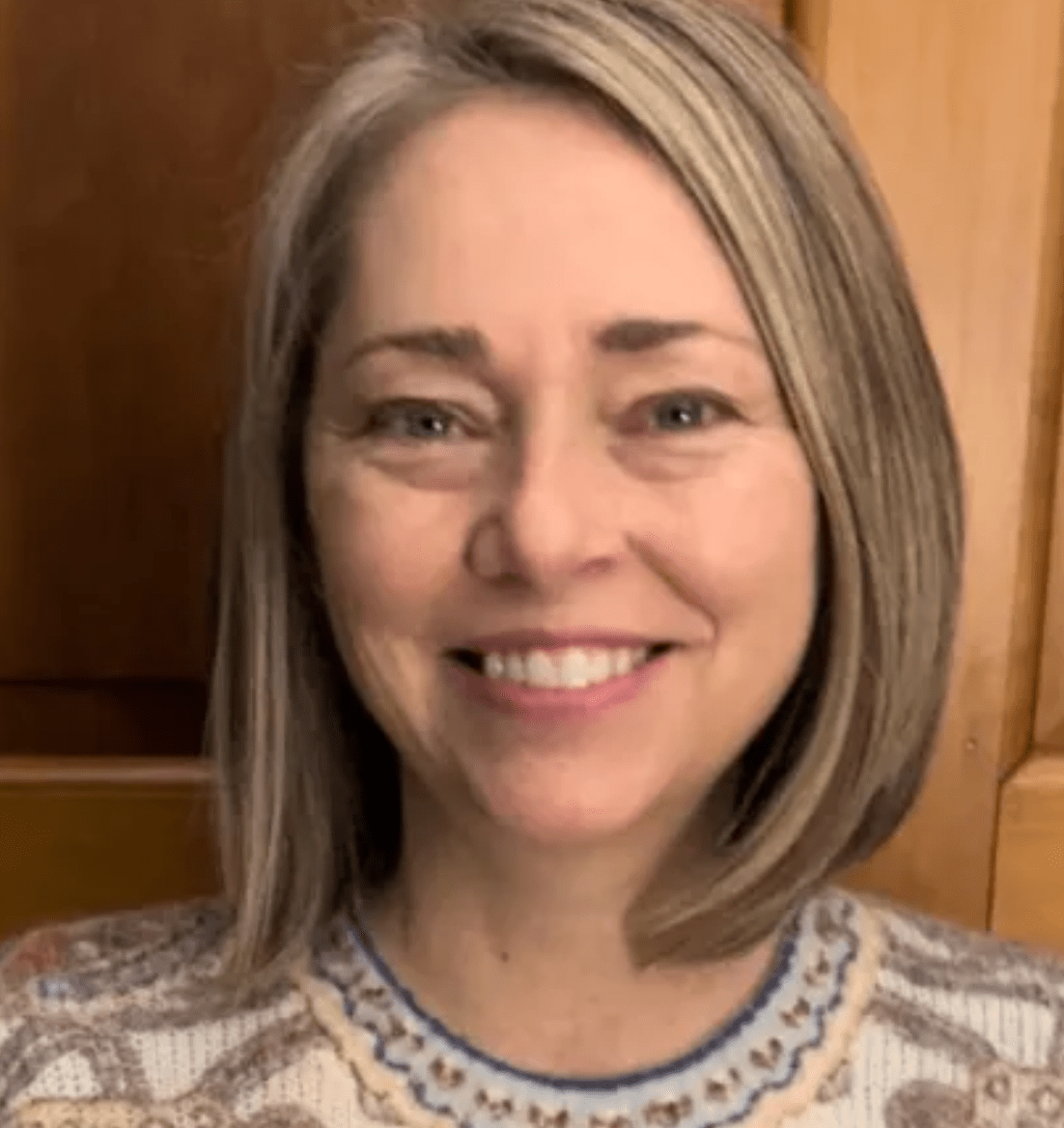
Classtimes
Class-time will be coordinated
Course Type
Description
Are your students prepared to make a world of difference? In this class, students will build skills using National Geographic’s Explorer Mindset Framework coupled with Traditional Ecological Knowledge. After surveying local ecosystems and environmental challenges, students will engage in exercises that help to identify their unique skills and interests while exploring biodiversity through Indigenous lenses. Ultimately, teams of talent will work together to write Earth Action Proposals intended to support local conservation and preservation efforts in their communities.
State Standards
HS-ETS1-2 Engineering Design:
Break a complex real-world problem into smaller, more manageable problems that each can be solved using scientific and engineering principles.
HS-ETS1-4 Engineering Design:
Use a computer simulation to model the impact of a proposed solution to a complex real-world problem that has numerous criteria and constraints on the interactions within and between systems relevant to the problem.
Reading
RCA-H.6-8.7
Integrate visual information (e.g., in charts, graphs, photographs, videos, or maps) with other information in print and digital texts.
RL.7.9
Compare and contrast a fictional portrayal of a time, place, or character and a historical account of the same period as a means of understanding how authors of fiction use or alter history.
History and Social Studies
HSS.5.T1.01
Explain the early relationships of English settlers to Native Peoples in the 1600s and 1700s, including the impact of diseases introduced by Europeans in severely reducing Native populations, the differing views on land ownership or use, property rights, and the conflicts between the two groups (e.g., the Pequot and King Philip’s Wars in New England).
HSS.5.T4.05
Explain 19th century conflicts between Native Peoples and national, state, and local governments in the United States over land ownership and rights to self-government.
Science and Technology/Engineering
7.LS.2.6
Explain how changes to the biodiversity of an ecosystem—the variety of species found in the ecosystem—may limit the availability of resources humans use. Clarification Statement: Examples of resources can include food, energy, medicine, and clean water.
Analyze direct and indirect effects of human activities on biodiversity and ecosystem health, specifically habitat fragmentation, introduction of non-native or invasive species, overharvesting, pollution, and climate change. Evaluate and refine a solution for reducing the impacts of human activities on biodiversity and ecosystem health.* Clarification Statement: Examples of solutions can include captive breeding programs, habitat restoration, pollution mitigation, energy conservation, and ecotourism.
Arts
7-8.T.Co.11
Relate artistic ideas and works to societal, cultural and historical contexts to deepen understanding. Identify multiple cross-cultural approaches to storytelling connected to different historical populations (e.g., ancient Greek city-states)
Supports Available to Students
Tier 1 (Supports provided to ALL students)
- Team Building Exercises
- Graphic Organizers
- Project-Based Learning
Tier 2 (Supports provided to targeted SMALLER groups of students)
- EL in-class support
- Progress monitoring
- Peer support programming
Tier 3 (Intensive supports provided to SMALL groups or INDIVIDUAL students)
- Weekly academic check-ins
- Family engagement
- Individualized instructional plan
Skills-learned
- Building an Explorer’s Mindset and Toolbox
- Biodiversity and Traditional Ecological Knowledge
- Environmental Activism
